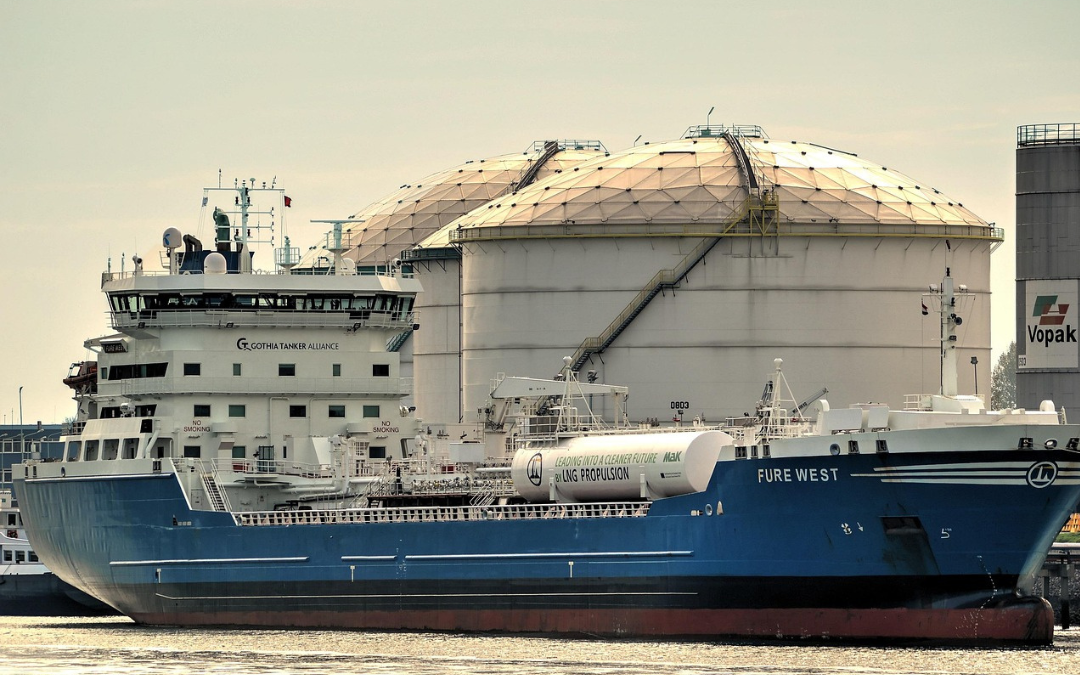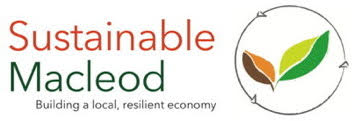Tackling our energy dependence nationally and individually

Dependence on imported oil
Australia relies on imported oil products for much of our energy needs. Electrification to replace the consumption of oil can reduce this dependence substantially.
In 2023 there was an estimated 56 billion litres of transport petroleum used in Australia. Not only does the consumption of these oil products contribute to climate change, it is also the reason we are energy-dependent on other countries.
Australia imports most refined petroleum products from Singapore, which sources about 80 per cent of that from the Middle East. Japan and other countries make up the other 20 per cent.
Dependence makes us vulnerable
The extent of our dependence on imported oil products leaves Australia vulnerable to a range of factors, as highlighted by recent conflict in the Middle East, most recently between Israel and Iran. While Australia does not import oil directly from Iran, our fuel prices are pegged to international benchmark prices, so conflict almost anywhere in the petrol supply chain means we can expect a rise in petrol prices in Australia.
Conflict in a number of areas also impacts the shipping of oil products, with likely increases in shipping insurance further raising the cost of petrol. In a worst case scenario, shipping routes could be disrupted, threatening the availability of petrol. During the 1970s the Yom Kippur War and the Iranian Revolution both resulted in interruptions to oil supply, higher fuel prices and shortages.
A serious disruption to fuel supplies would impact not only personal transport, but virtually every aspect of our lives, from food delivery to emergency services and almost everything in between. Ideally, government and business will continue the trend to electrify everything possible.
Independence on an individual level – what we can do
On a personal level, powering our homes with solar energy, adding a home battery, and switching to an electric car can make us more personally energy-independent. Those changes in our personal energy dependence also contribute to making Australia as a whole more energy-independent.
However, installing solar panels, a battery, and buying an EV is not immediately possible for everyone but there are still ways we can contribute. An easier way to reduce energy dependence is our choice of gardening tools. Replacing petrol-powered tools with electric and battery ones is a small, yet significant step to personal energy independence.
A further benefit of using battery-operated garden tools, is that we can reduce our personal contribution to local pollution. I have previously discussed the surprising degree of local pollution produced by our favourite garden tool – the lawnmower (The humble lawnmower, March 26, 2024). Other petrol-powered garden tools include chainsaws, whipper snippers, hedge trimmers and so on. All of them are far more polluting than our cars, which are required to have emission controls which tools are not. If you don’t have these, access them from the Sustainable Macleod Tool Library.
Electrifying the Tool Library
Sustainable Macleod took a conscious decision to make the Community Garden fossil-fuel free. We removed petrol-driven garden tools from the community garden and the new Tool Library has a substantial range of battery-powered garden and household tools, so that members can maintain their gardens and do basic home maintenance at little cost to themselves and without having to resort to using petrol and oil.
While this is a small step in personal energy independence, small steps are more achievable than large ones. At Sustainable Macleod we recognise that changing our energy habits takes time. These individual steps to energy independence can eventually add up to a significant change in national energy independence.
You can hear a radio 3CR interview about the Sustainable Macleod Tool Library with Robin and Paul Gale-Baker, on July 13, this year. Go to the Local Food Connections program on 3CR to replay the program.
Written by Paul Gale-Baker
Australia imports almost all of its oil, and there are pitfalls all over the globe – The Conversation – May 24, 2018
https://theconversation.com/australia-imports-almost-all-of-its-oil-and-there-are-pitfalls-all-over-the-globe-97070
Where Does Australia Get Its Oil? – Petro Online – 2025
https://www.petro-online.com/news/analytical-instrumentation/11/breaking-news/where-does-australia-get-its-oil/45958
Israel’s attacks on Iran are already hurting global oil prices, and the impact is set to worsen – The Conversation, June 15, 2025
https://theconversation.com/israels-attacks-on-iran-are-already-hurting-global-oil-prices-and-the-impact-is-set-to-worsen-259013
Facts about petrol prices and the Australian fuel market – Australian Institute of Petroleum 2025 document
https://www.aip.com.au/sites/default/files/download-files/2025-01/Facts about Petrol Prices and the Australian Fuel Market_1.pdf
Where does our petrol come from and how secure is the supply? – Australian Convenience and Petroleum Marketers Association
https://acapmag.com.au/2022/04/where-does-our-petrol-come-from-and-how-secure-is-the-supply/
Australia 91% reliant on foreign oil: Research Report – The Australia Institute, April 21, 2022
https://australiainstitute.org.au/post/australia-91-reliant-on-foreign-oil-research-report/
